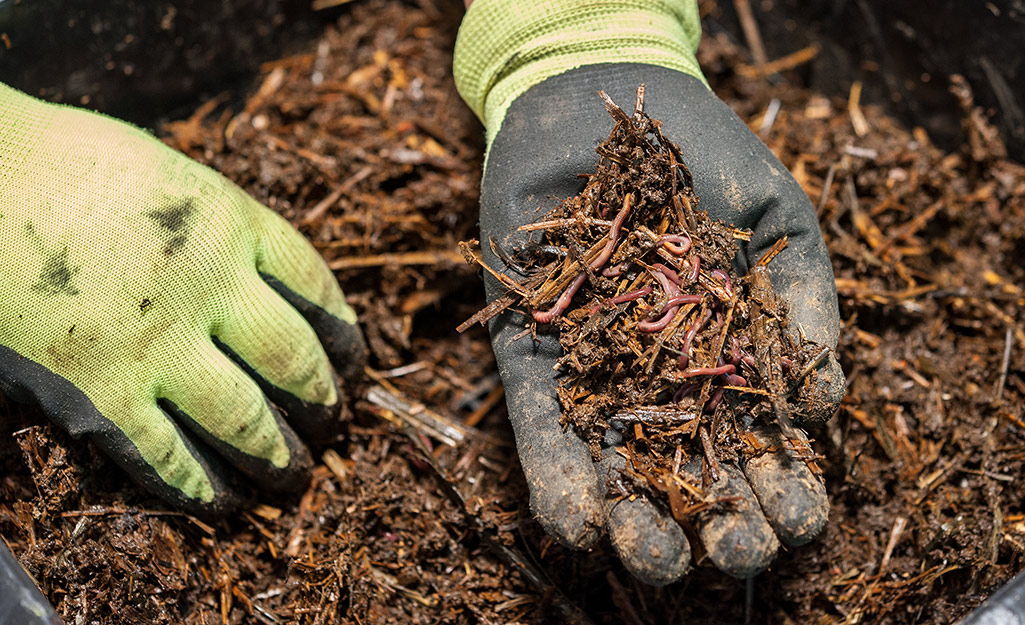Benefits of Mulch
Mulching is an essential practice for any gardener or landscaper looking to improve the health and appearance of their garden. By applying a layer of organic or inorganic material to the soil surface, mulch offers numerous benefits that can enhance the growth of plants and protect them from various environmental factors. In this article, we will explore the advantages of mulching and how it can help you create a thriving garden.
Enhanced Soil Moisture Retention
One of the primary benefits of using mulch in your garden is its ability to retain moisture in the soil. By acting as a protective barrier, mulch prevents excessive evaporation, reducing the need for frequent watering. This is especially crucial during hot summer months or in regions with limited rainfall. By conserving moisture, mulch helps to keep plants properly hydrated, promoting healthy growth and reducing the risk of drought stress.
Weed Suppression
Another advantage of mulching is its effectiveness in suppressing weeds. By covering the soil surface, mulch prevents weed seeds from receiving the sunlight they need to germinate. Additionally, mulch acts as a physical barrier, making it difficult for weeds to penetrate through and establish themselves in your garden. This not only saves you time and effort spent on weeding but also reduces competition for nutrients and water, allowing your plants to thrive.
Temperature Regulation
Mulch plays a crucial role in regulating soil temperature, and providing insulation for plant roots. In colder climates, mulch acts as a protective layer, preventing soil from freezing and protecting delicate roots from frost damage. On the other hand, during hot summer days, mulch helps to keep the soil cool by reducing heat absorption. This temperature moderation ensures optimal growing conditions for plants, promoting their overall health and productivity.
Improved Soil Quality
Mulching contributes to the improvement of soil quality in several ways. As organic mulch breaks down over time, it adds valuable nutrients to the soil, enhancing its fertility. This organic matter also improves soil structure, promoting better aeration and drainage. In turn, this creates an ideal environment for beneficial soil organisms, such as earthworms, which play a vital role in maintaining soil health. By incorporating mulch into your gardening routine, you can gradually transform your soil into a nutrient-rich, well-structured medium that supports robust plant growth.
Erosion Prevention
In areas prone to erosion, mulching is an effective method to prevent soil loss. The layer of mulch acts as a protective shield, reducing the impact of rainfall and preventing soil particles from being washed away. This is particularly important on slopes or in gardens with loose, sandy soil. By preserving the integrity of the topsoil, mulch helps to maintain a stable and healthy growing environment, preventing erosion-related issues.

Mulching offers a wide range of benefits that can significantly improve the health and vitality of your garden. From enhancing soil moisture retention and suppressing weeds to regulating soil temperature and preventing erosion, mulch plays a vital role in creating an optimal growing environment. By incorporating mulching into your gardening routine and following the simple steps outlined in the mermaid diagram, you can enjoy a beautiful and thriving garden year-round. So why wait? Start mulching today and reap the rewards of this simple yet powerful technique!
Frequently Asked Questions about the Benefits of Mulch
Q1: What is mulch?
A1: Mulch is a layer of material, such as wood chips, straw, or leaves, that is spread over the soil surface to provide various benefits.
Q2: What are the benefits of using mulch?
A2: Mulch helps to retain soil moisture, suppress weed growth, regulate soil temperature, and improve soil fertility.
Q3: How does mulch retain soil moisture?
A3: Mulch acts as a barrier, reducing evaporation and preventing water loss from the soil, thus helping to keep the soil moist for longer periods.
Q4: Can mulch help in weed control?
A4: Yes, mulch forms a physical barrier that blocks sunlight from reaching weed seeds, preventing them from germinating and growing.
Q5: Does mulch regulate soil temperature?
A5: Yes, mulch acts as an insulating layer, keeping the soil cooler in hot weather and warmer in cold weather, creating a more stable environment for plant roots.
Q6: How does mulch improve soil fertility?
A6: As mulch breaks down over time, it adds organic matter to the soil, enriching it with nutrients and improving its structure and fertility.
Q7: Can mulch prevent soil erosion?
A7: Yes, mulch helps to prevent soil erosion by reducing the impact of raindrops on the soil surface and improving water infiltration.
Q8: Is mulch beneficial for plant health?
A8: Absolutely! Mulch creates a healthier growing environment by reducing competition from weeds, preventing soil compaction, and protecting plant roots from extreme temperatures.
Q9: Does mulch require any maintenance?
A9: Mulch may need occasional replenishment to maintain its thickness and effectiveness. It should be checked regularly and topped up as needed.
Q10: What types of mulch are commonly used?
A10: Common types of mulch include wood chips, straw, bark, compost, shredded leaves, and grass clippings. The choice of mulch depends on the specific needs of the plants and the desired aesthetic appeal.




